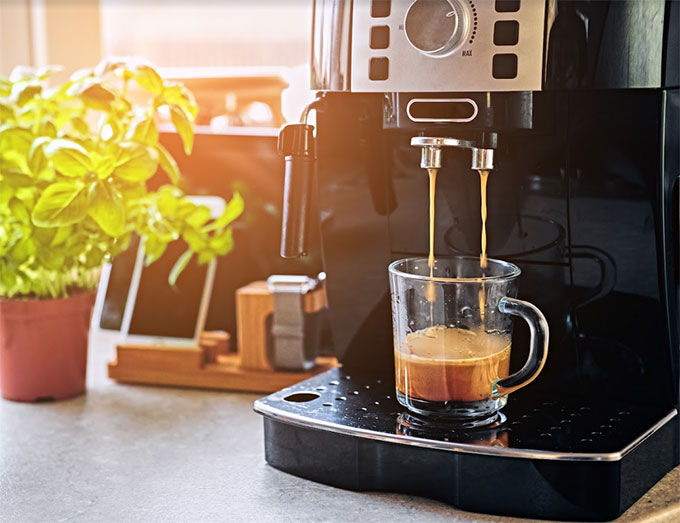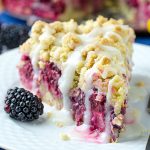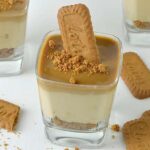
Having a cup of coffee in the morning can always be a great way to start your day right. It can be an excellent booster, keeping you awake and stimulated throughout the day. While buying a cup of joe can give you a flavorful taste, opting for a homemade one allows you to be more creative with your caffeine fix while also being a good alternative to save money.
In this article, we’ll explore a few tips and secrets to crafting a great-tasting homemade coffee. Continue reading below to learn more.
1. Freshly Grind Your Coffee
When you buy a drink from a coffee shop, you might notice that they freshly grind their coffee beans rather than scooping some grounded coffee from a jar. While it might seem like added work for you, freshly grinding your beans can help preserve their flavor as they tend to evaporate quickly within the 30-minute time frame. They can still give you flavors, however, the optimal and maximum taste you can get from the ground would come right after grinding them.
In addition, another essential component to a great-tasting homemade coffee is knowing the proper way of grinding. Note that coffee beans grounded too fine can give you a bitter taste, while grinding them too coarse can provide a less flavorful result.
And since you’re making homemade coffee, it may be practical to look for the best mini coffee grinders as they’re compact, serve their purpose, and are perfect for home use. This way, it won’t take up too much counter space and still allow your coffee corner to look spacious and beautiful.
2. Store Coffee Beans Properly
Apart from purchasing high-quality fresh coffee beans, proper coffee bean storage also plays a crucial role in making the best-tasting coffee. While it might seem small and unimportant, your coffee bean’s storage can affect the bean’s flavor.
As soon as you purchase coffee beans, ensure that you place them in an airtight food container to keep any moisture away. Doing so can help seal the flavor and goodness and prevent your beans from losing their quality flavor.
On the other hand, maybe you’ve seen many shops store coffee beans in a mason jar. This is because they can provide air sealant properties while also giving a clear view of how many beans are still left. However, this can only work if you plan to use them within at least a month after purchase. Ideally, it’d be best to keep them in a cool, dark, and dry spot in your kitchen and away from sunlight.
3. Scale Your Grounds
When brewing your coffee in a pot or using an espresso machine, you’ve probably encountered instructions on putting two tablespoons of coffee ground for every 6oz of water. Even if you try to do it consistently, you might not get accurate results, especially since there’s no specific weight when measuring coffee ground with the spoon. To ensure consistency, optimal weight, and maximum flavor, consider using a scale when measuring your grounds.
A scale can help you accurately measure how many coffee grounds you need. You may have to be specific about this step, as a small mistake can affect your coffee’s taste.
4. Use Filtered Water
Aside from the coffee’s quality, the choice of water can also affect your joe’s flavor. By using poor-quality water that has a sour taste or foul odor, you can expect a change in your coffee’s quality. It can ruin its taste and flavor, even if you add syrups and other flavorings to it. And while getting water from the tap might be convenient, using filtered water could be a better choice.
Filtered water is a clear substance free from dirt or chemicals that might harm the water’s quality and taste. You can use bottled water or install a water filter at home for a better and more cost-efficient choice. This way, you’re not only keeping your coffee flavorful but also allowing your home to have an unlimited source of clean water.

5. Check Water’s Temperature
The water’s temperature also plays a part in your coffee’s taste. As you place the water in the machine, you need to set it at the right temperature, which according to the National Coffee Association, is ideally between 195-205 degrees Fahrenheit, as they can help extract the coffee faster while also delivering the best flavors for your coffee.
Furthermore, the water’s temperature can affect the coffee’s flavor and acidity. Choosing hotter water can cause the coffee to be bitter. Depending on your preference, you may need to make plenty of trial and error and see which temperature produces the best flavor that gives you the perfect taste.
Takeaway
Making the best-tasting homemade coffee doesn’t have to be a challenging endeavor. With a few tips and secrets, you can guarantee a flavorful taste.
With that, always ensure your coffee beans are in their best condition by storing them properly and grinding them right before use. You should also consider the water’s quality and see if they’re optimal for coffee making. While this process might include plenty of trial and error, the results can surely allow you to have a great-tasting coffee that you’d be proud of and enjoy.





Leave a Reply